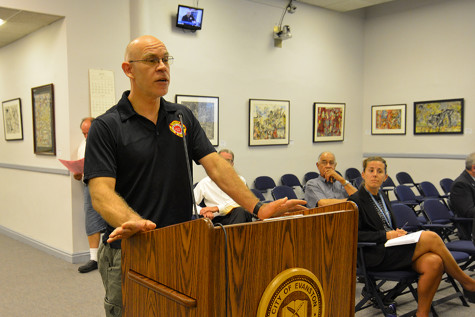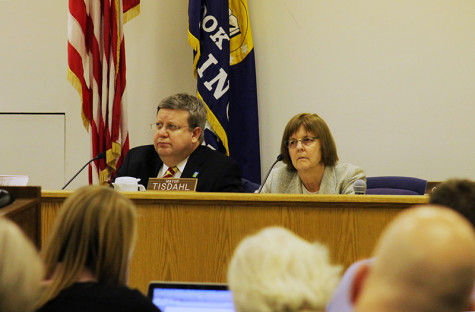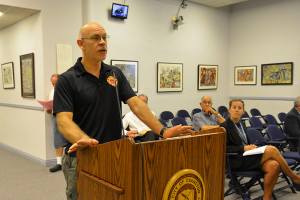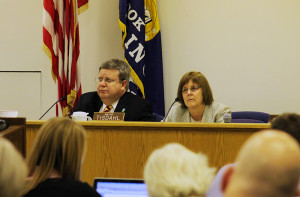Evanston increases ambulance fees
September 16, 2015
Illinois Budget Crisis
Evanston residents will be charged an additional $150 if they require emergency ambulance services starting Oct. 1.
Aldermen voted Tuesday to increase the price of Evanston’s ambulance service amid continued uncertainty over next year’s state funding.
For a city resident requiring basic life support while in the ambulance, the price will increase from $362 to $512 — not including the transport cost, which will increase to $10 per mile from $7 per mile. For non-residents, who already paid more for the city’s ambulance service, basic life support will cost $700 — a $200 increase.
City manager Wally Bobkiewicz originally introduced the fee hike among other potential solutions in mid-July, when the state lacked a budget more than two weeks into fiscal year 2016.
Since the fees were last set nearly six years ago, the price of Evanston’s ambulance service has fallen below average rates among neighboring municipalities, Evanston Fire Chief Greg Klaiber wrote in a memo to aldermen. Evanston’s price has also fallen below the amount Medicare will reimburse, a figure the city uses as a benchmark because it accepts Medicare payments, Klaiber said.
Ald. Jane Grover (7th) said she believes most residents’ insurance will cover the fee hike. The increase puts Evanston in the middle of the expense range among neighboring cities, some of which she said have high enough rates that people pay a portion of the cost out of pocket.
“We hope that, at least in Evanston, if you need ambulance service and you are qualified that you would get covered for the service,” Grover told The Daily.
The city estimates the fee increase will generate an additional $200,000 for Evanston each year.![]()
In another effort to preserve city funds, next week aldermen will consider increasing fines for parking violations and penalties for late payments by $5 each. If approved, the ordinance would increase parking fees for violations such as parking in a city-owned lot without a permit or parking within 15 feet of a fire hydrant — an infraction that would cost an individual $50 instead of $45 with the modified ordinance.![]()
Apart from preemptively balancing state funding cuts, Bobkiewicz and his staff proposed the money-saving measures to reduce the 2015 budget shortfall predicted for the end of the year. The city is also considering financial remedies that affect local government employees, including a hiring freeze and a furlough day in December. ![]()
The headline of this article was updated Wednesday at 1:43 p.m.
Email: juliajacobs2018@u.
Twitter: @juliarebeccaj





